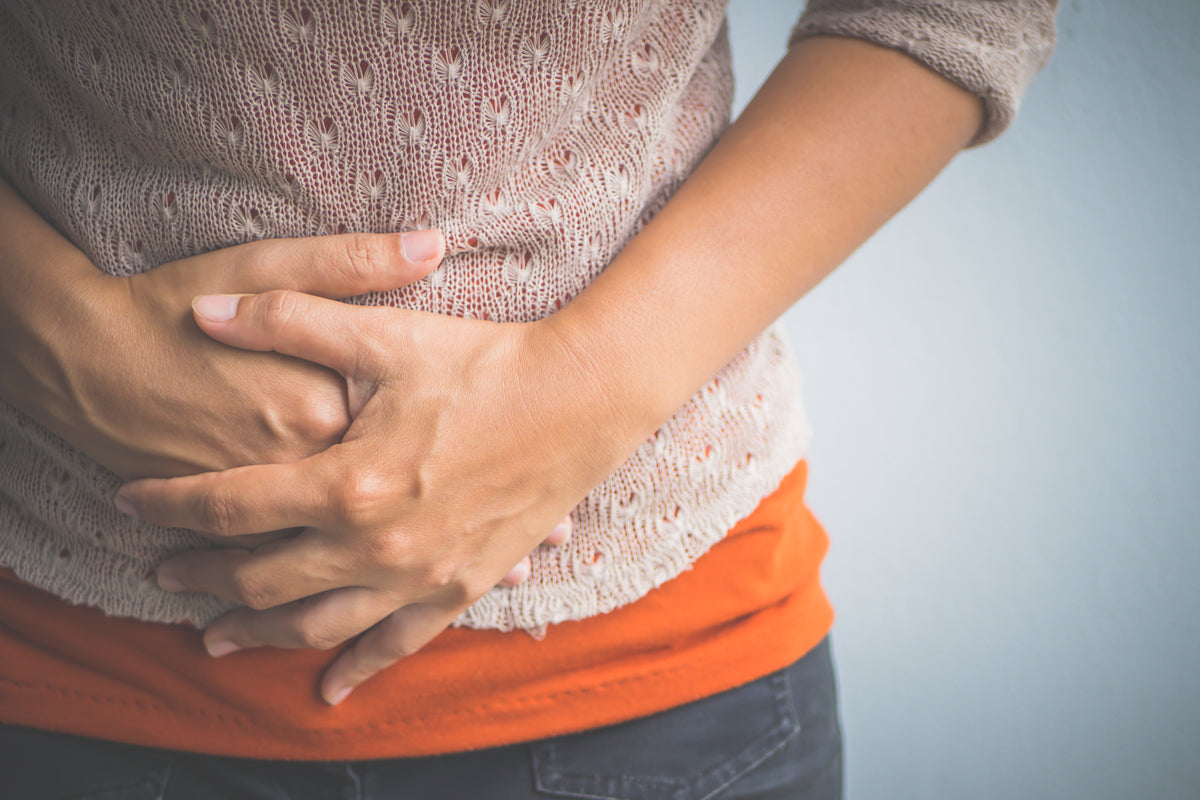
Quick Take
If you're just starting a plant-based diet you are most likely amazed by the benefits already; you have more stamina in your workouts, your skin has never looked better, and your clothes fit a little better. You are, however, feeling uncomfortably bloated some days and wondering what gives? Here are three common culprits for bloating on a plant-based diet (plus the simple solutions!).
Before We Begin: Make Starting a Plant-Based Diet Easy with MamaSezz
Reap the benefits of eating plant-based foods without all the work. Get fresh and delicious plant-based meals for beginners delivered to your door. No cooking required - just heat and eat.
On This Page
It's Not Just You!
3 Ways to Reduce Bloating on a Plant-Based Diet
Key Takeaways
It's Not Just You!
Rest assured that bloating is a common problem for people starting a plant-based diet. Why? There's a bloat loaf of fiber in plants! The American Heart Association recommends 25 grams of fiber for women and 38 grams for men daily, and yet most Americans barely consume 15 grams of fiber per day. This is the result of the Standard American Diet, consisting of high amounts of added sugar, sodium, saturated fat, and low quantities of fiber-rich plant-based foods like fruits and vegetables, whole grains, and legumes.
The good news is that your body catches up fast! Within a few weeks on a plant-based diet, you will feel less bloated and gassy.
3 Easy Ways to Reduce Bloating on a Plant-Based Diet
1. Start Slowly
You might be eager to jump on a high-fiber plant-based diet, as it is definitely healthier than the Standard American Diet, but in this case, slow and steady wins the race. If you're just starting a plant-based, aim for one high-fiber meal per day, and pay close attention to what your body is telling you.
If it's too much still, reduce the serving; if you can handle it without bloating, add another meal in the day or increase the serving. Spread your fiber intake through the day to help your body deal with the change better. Don't forget to add variety to your meals and have fun discovering new flavors combinations!
2. Drink Plenty of Water
All that fiber you are consuming needs water to move along and do its job. In fact, if you are not consuming enough water you are running the risk of constipation, which will definitely make you feel and look bloated — which is no fun! Water helps fiber digestion, keeping your intestines healthy and clean which is why people on a healthy, plant-based diet often have good gut health.
3. Avoid Processed Food
If you're moving to a plant-based diet and want to avoid the bloat, you can't rely on vegan junk food. Junk food, even if it's vegan, is usually loaded with added sugar, and unhealthy amounts of sodium which directly contribute to you feeling bloated. Processed food also has very little, if any, fiber, which can be detrimental to your long-term health. Make sure that your plant-based diet primarily consists of fruits and vegetables, whole grains, and legumes, and try to stay away from processed temptations if you want to beat the bloat. Water retention after a highly processed meal is common and it might also irritate your gut lining if you are not used to eating junk food often. Keep it clean for a flat belly!
Key Takeaways
- A plant-based diet can change your life and health — but if you're not used to high-fiber foods, you may feel bloated at first!
- While the bloating will dissipate in a few weeks as your body gets used to the fiber, you can reduce bloating overall by taking it slow with one high-fiber meal a day, drinking loads of water, and avoiding processed vegan food.
**
Rafaela Michailidou is a Vegan Lifestyle Coach, and a freelance health and wellness content writer, with a Plant-Based Nutrition Certificate from the T. Colin Campbell Center for Nutrition Studies.

